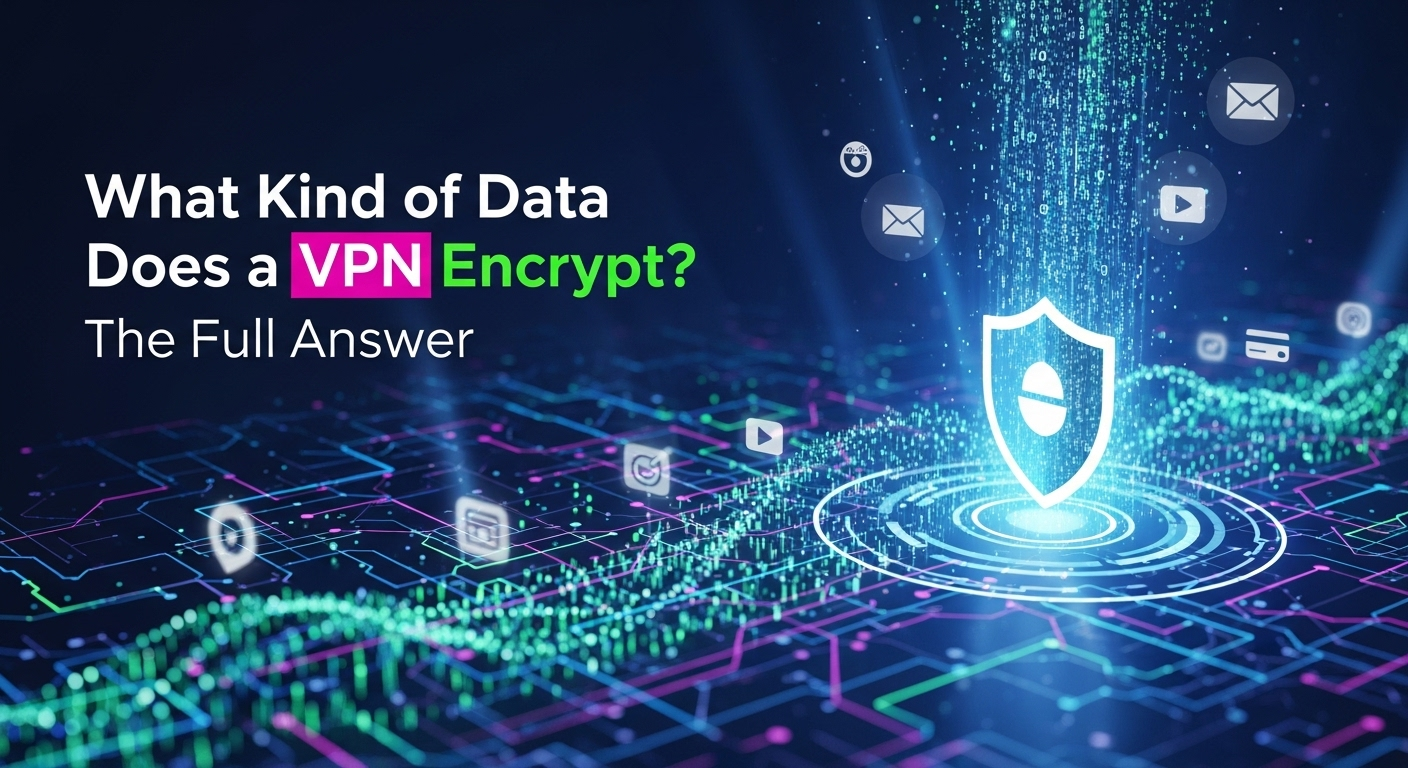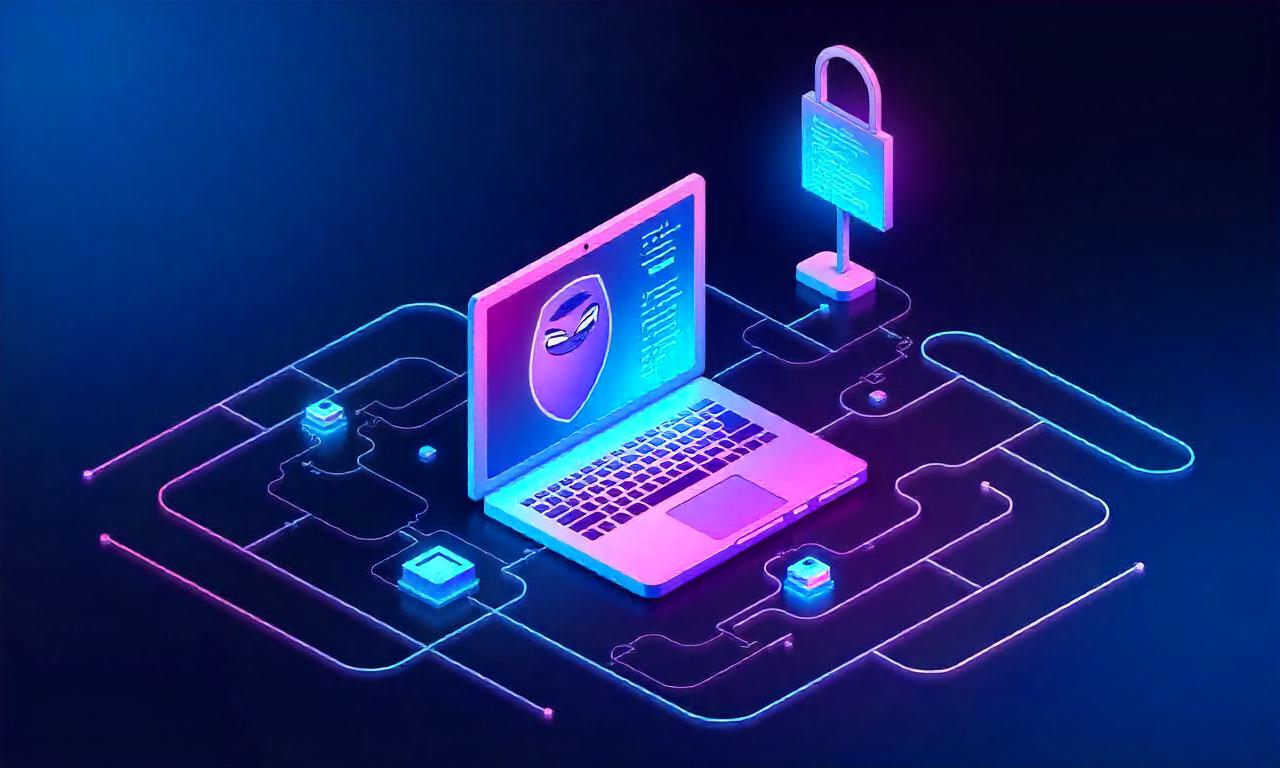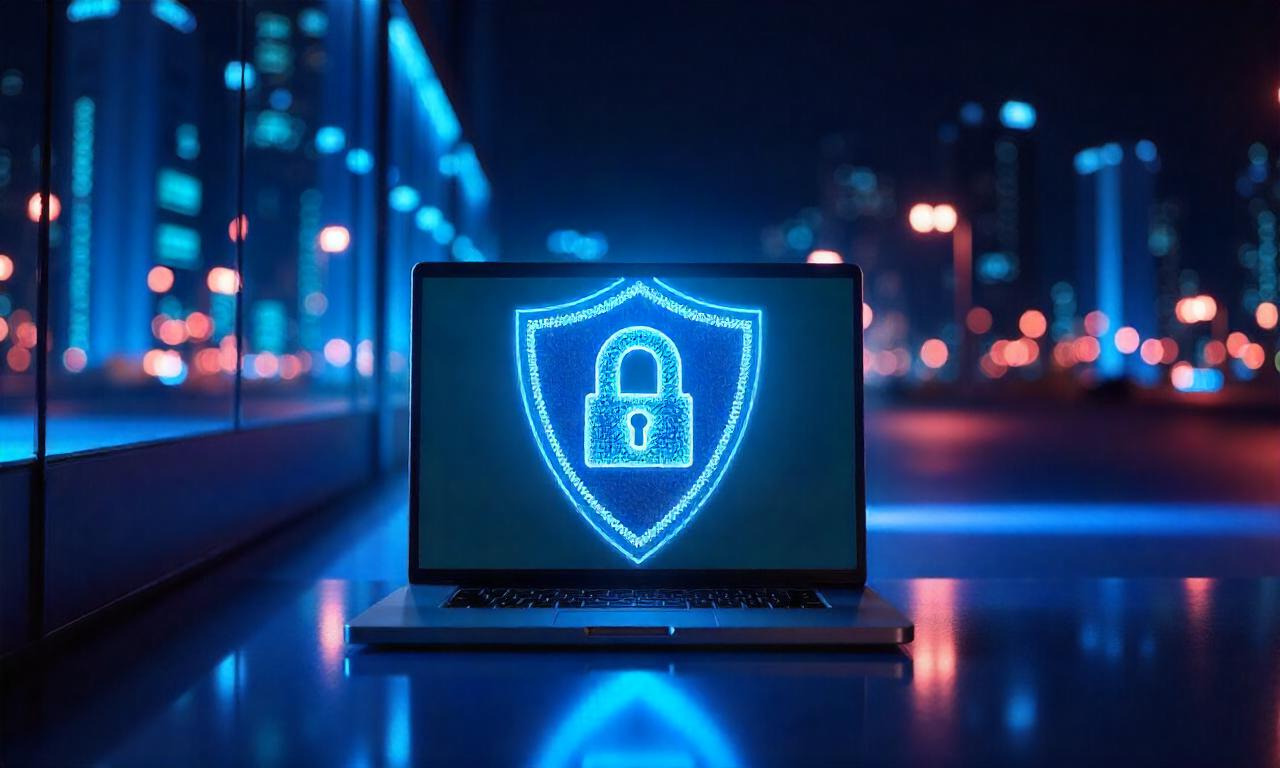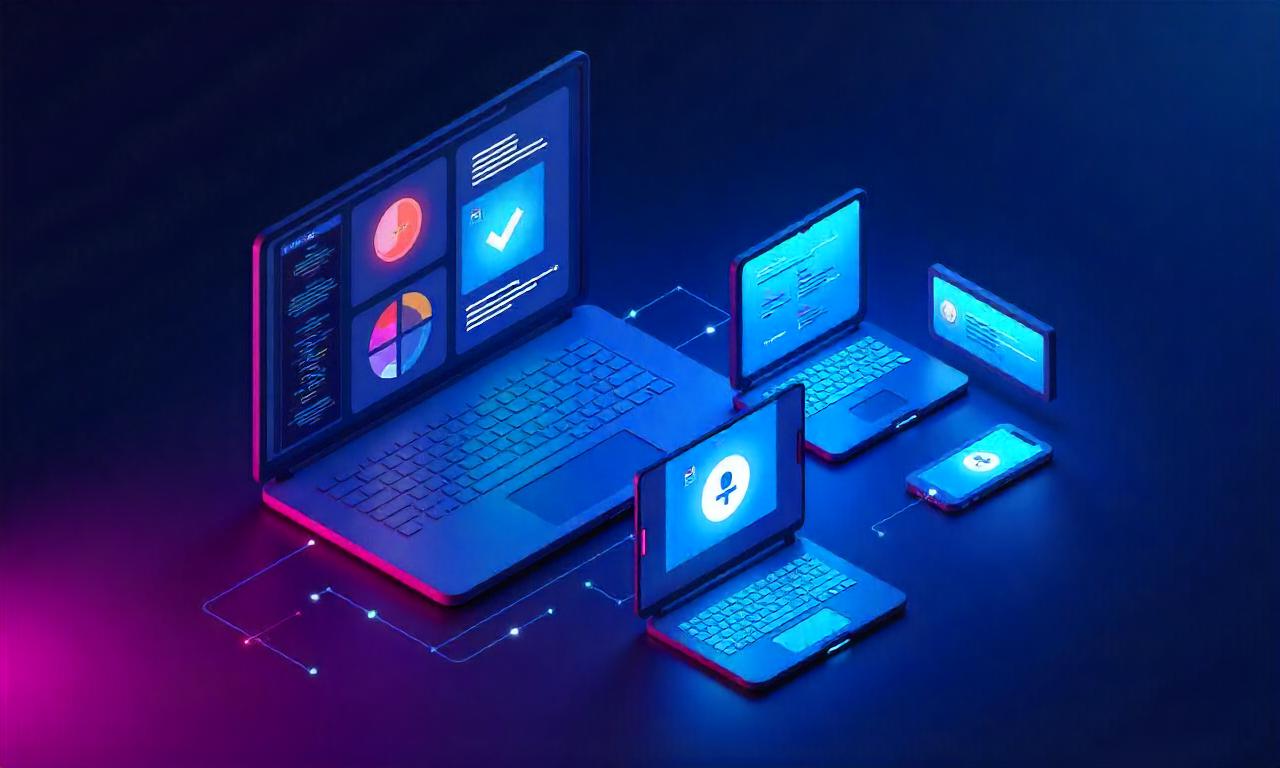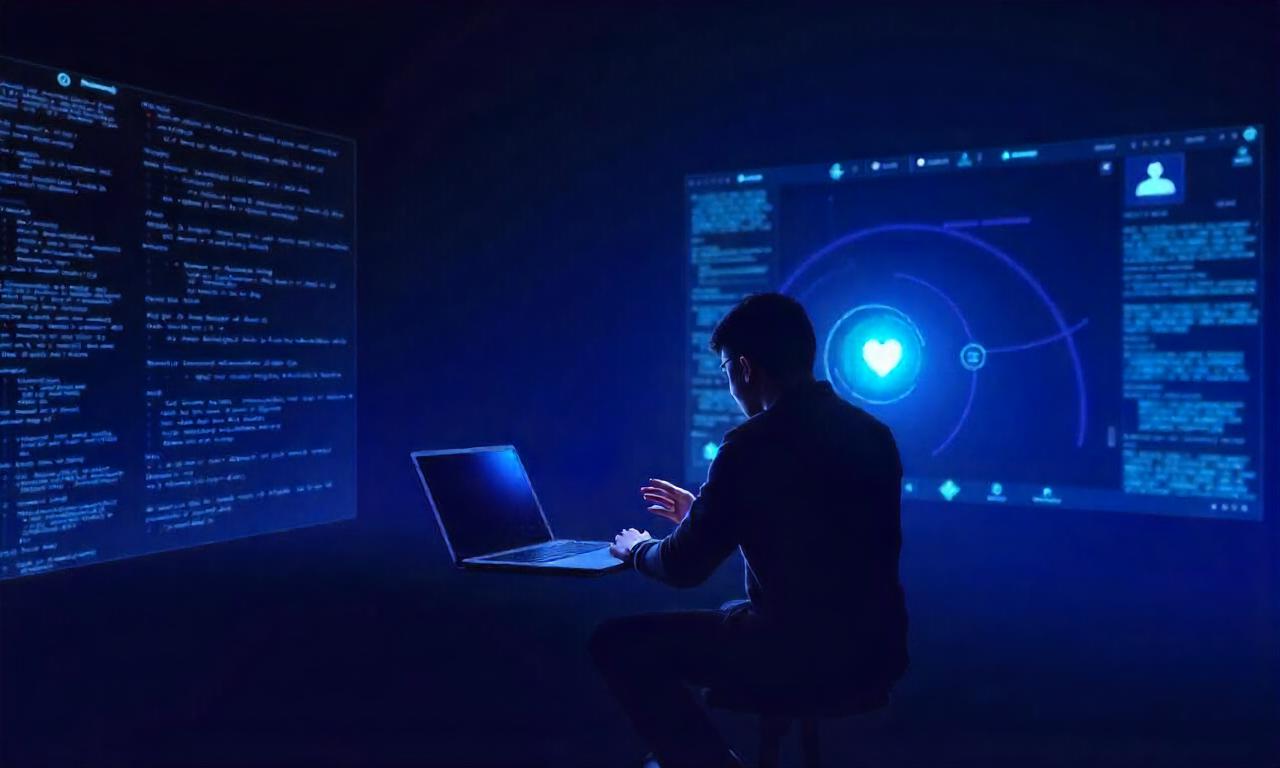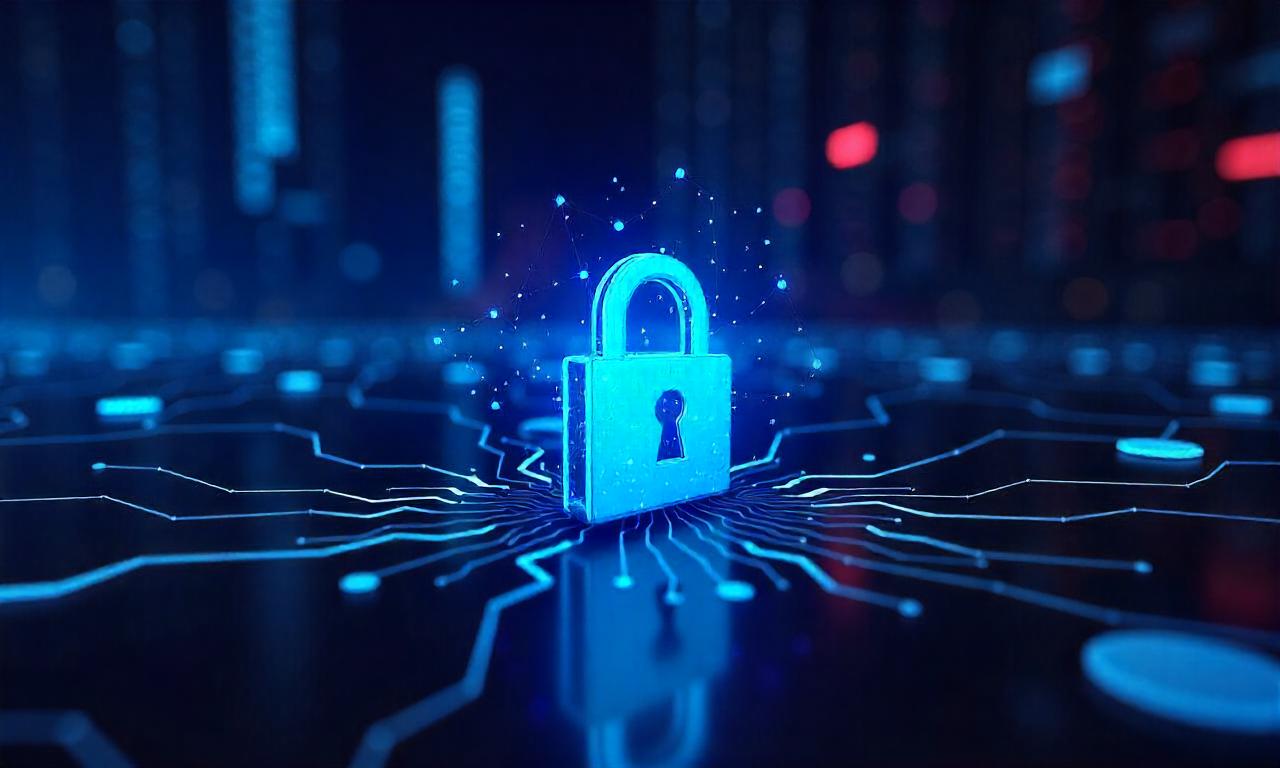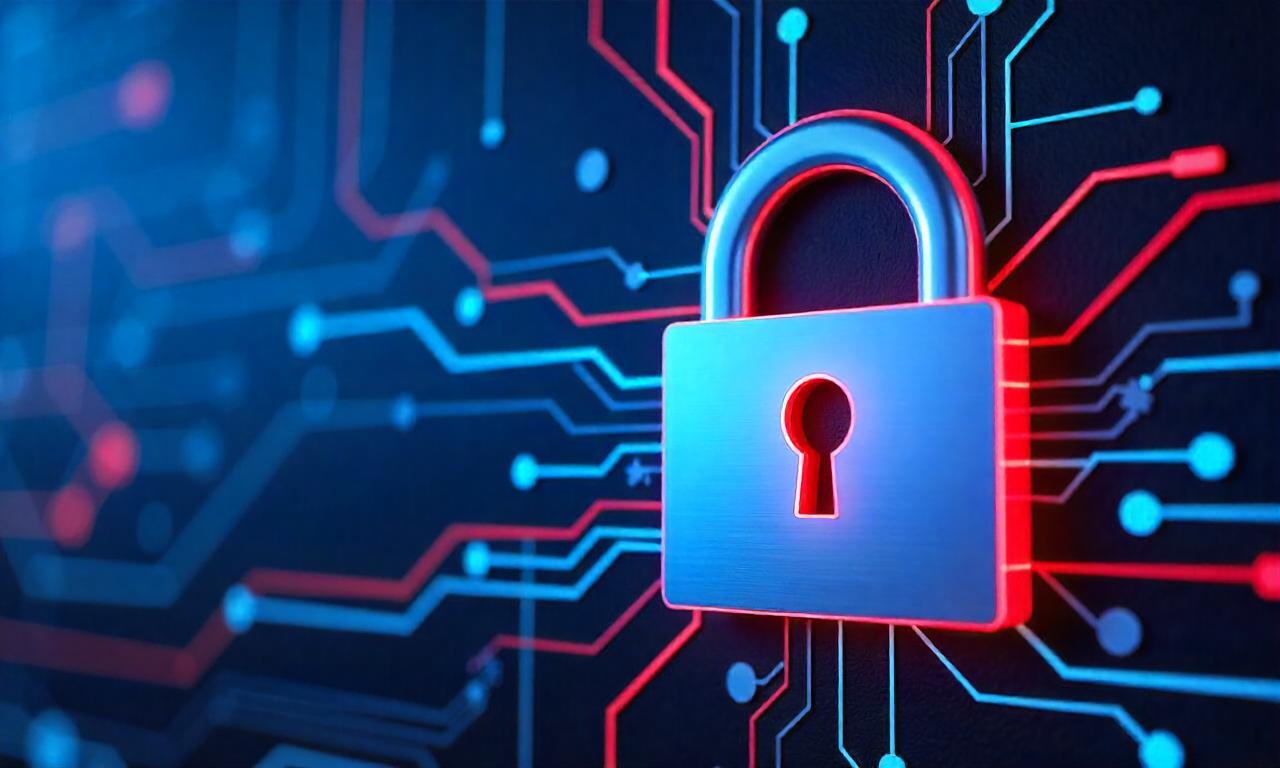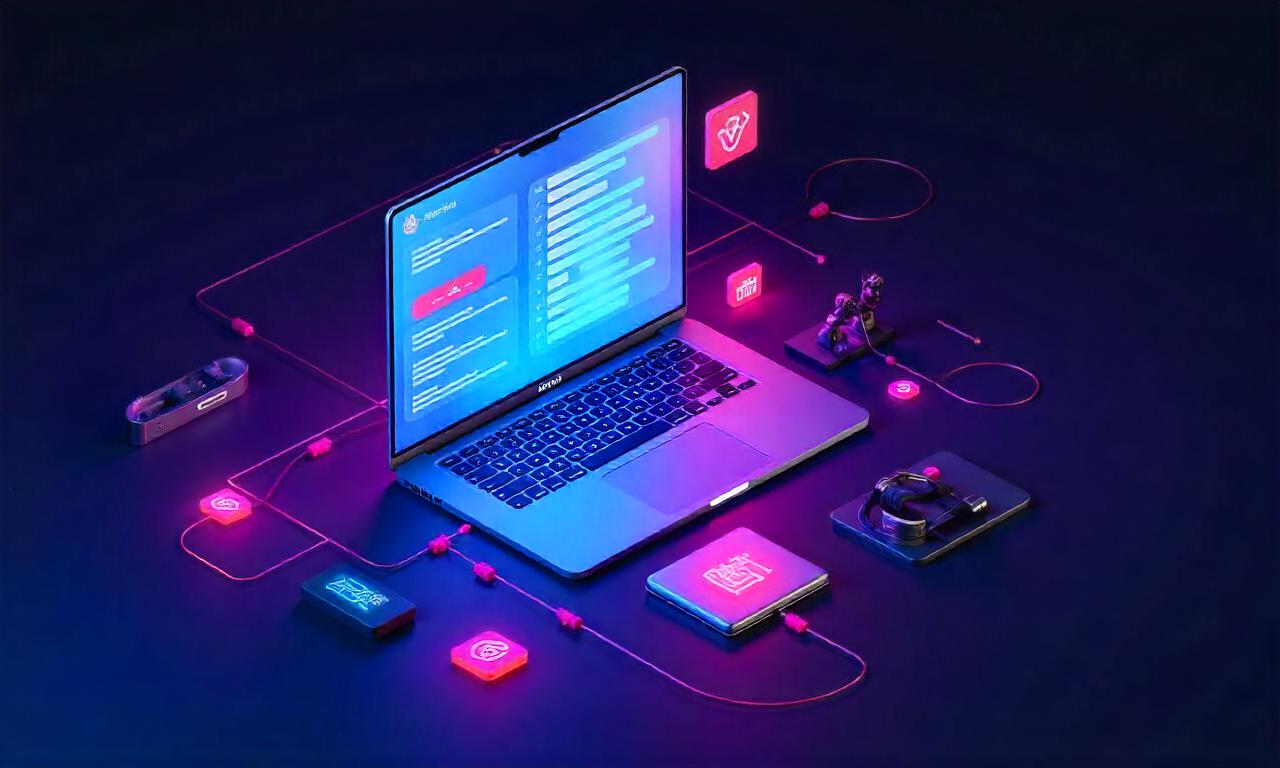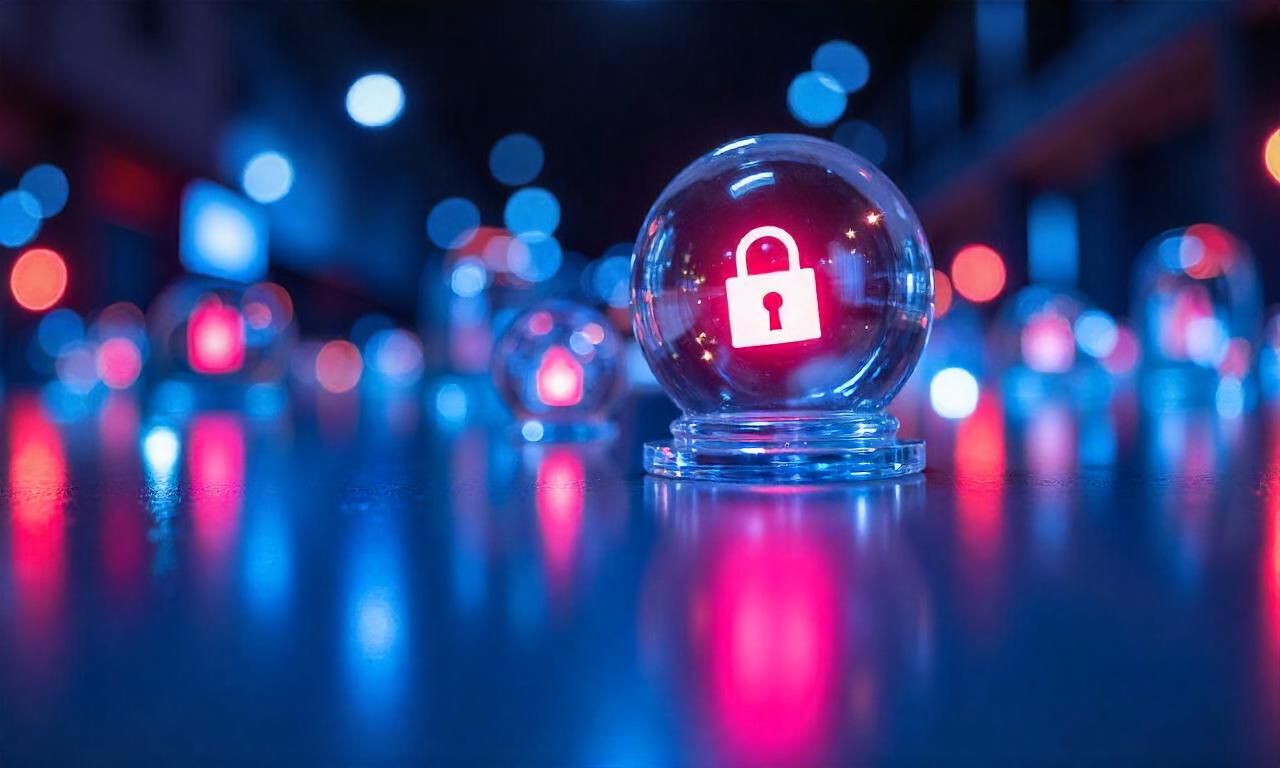In today's hyper-connected world, our digital footprint is larger than ever. From online banking and shopping to simple web browsing and private messaging, we transmit a staggering amount of personal information across the internet every second. This raises a critical and increasingly common question for anyone concerned about their online privacy and security. You know you need protection, and you've heard a VPN is the answer, but the specifics can be murky. So, what kind of data does a VPN encrypt? The answer is more comprehensive than you might think, forming a digital shield around your most sensitive online activities. It's not just about hiding one or two things; it's about encrypting the entire data stream leaving your device, making it unreadable to prying eyes.
Table of Contents
ToggleThe Core Function: How VPN Encryption Creates a Secure Tunnel
At its heart, a Virtual Private Network (VPN) is a service that creates a secure, encrypted connection—often called a "tunnel"—between your device (like a computer, smartphone, or tablet) and a remote server operated by the VPN provider. Think of the regular internet as a public highway where anyone with the right tools, like your Internet Service Provider (ISP), government agencies, or hackers on a public Wi-fi network, can see the "postcards" of data you're sending and receiving. They can see where you're going (the websites you visit) and get a general idea of what you're doing. A VPN changes this postcard into a locked, armored steel box.
This "tunneling" process is the cornerstone of VPN security. When you connect to a VPN, it uses a tunneling protocol to encapsulate each data packet your device sends. This means it takes your original data packet and wraps it inside another data packet. This outer packet is then encrypted before it leaves your device. Consequently, anyone trying to intercept your traffic won't see the original data or its intended destination. They will only see an unbreakable stream of gibberish traveling from your device to a single destination: the VPN server. This process effectively hides your online activities from your local network administrator and your ISP.
Once your encrypted data reaches the VPN server, the server decrypts it and sends it on to its final destination—the website, app, or online service you wanted to access. The response from that service is then sent back to the VPN server, which encrypts it again before sending it back through the secure tunnel to your device. To the outside world, it appears as though all your internet traffic is originating from the VPN server, not your actual location. This two-way encryption is what provides both privacy and security, forming the fundamental layer of protection that a VPN offers.
A Deep Dive into the Data Types Protected by a VPN
Understanding the concept of an encrypted tunnel is one thing, but knowing the specific types of data it protects is what truly demonstrates a VPN's value. The encryption isn't selective; it’s a comprehensive shield that covers a wide array of information that would otherwise be exposed. From your digital identity to your most casual browsing habits, a VPN works tirelessly to keep it all private.
Your IP Address and Geolocation
Your Internet Protocol (IP) address is one of the most revealing pieces of information you broadcast online. It’s a unique numerical label assigned to your device by your ISP, and it acts like a digital home address. Without a VPN, every website you visit, every app you use, and every online service you connect to can see your real IP address. This allows them to determine your approximate physical location (city and country), your ISP, and track your activity across different sessions and websites. This data is a goldmine for advertisers, data brokers, and potentially malicious actors.
A VPN's primary and most effective function is to mask your real IP address. When you connect to a VPN server, your original IP is hidden and replaced with the IP address of that server. If you are in London and connect to a VPN server in Tokyo, every website you visit will believe you are accessing it from Japan. This process, known as IP masking, is fundamental to online privacy. It prevents websites from tracking your real location, helps you bypass censorship and geo-restrictions (like accessing your home country's streaming library while abroad), and makes it significantly harder for third parties to build a profile of your online behavior based on your digital address. Your true digital identity is effectively cloaked.
Browsing History and Web Traffic
Without a VPN, your ISP has a front-row seat to your entire browsing history. They can see every website you visit, how long you stay there, the articles you read, and the videos you watch. This is possible because your device sends DNS (Domain Name System) requests to your ISP's servers to translate human-readable website names (like google.com) into machine-readable IP addresses. Your ISP can log these requests, creating a detailed and permanent record of your online life. This information can be sold to marketers, handed over to government agencies, or used to throttle your connection speed for certain activities like streaming or torrenting.
A VPN encrypts this data stream entirely, including your DNS requests. A trustworthy VPN service will operate its own private DNS servers, meaning your requests to visit a website are sent through the encrypted tunnel to the VPN's DNS server, not your ISP's. This prevents your ISP from seeing which websites you are visiting. All they can see is that you are connected to a VPN server and that there is encrypted data flowing back and forth. The specific URLs, the content on the pages, and any information you submit in non-HTTPS forms are all scrambled and unreadable to your ISP or any other snoop on the network. This ensures your browsing activity remains truly private.
Data Transmitted Over Unsecured Public Wi-Fi
Public Wi-Fi networks found in cafes, airports, hotels, and libraries are notoriously insecure. They are a prime hunting ground for cybercriminals who can easily position themselves between you and the Wi-Fi router in what is known as a "Man-in-the-Middle" (MitM) attack. Using simple tools, they can intercept all the unencrypted data passing through the network. This could include your login credentials for various sites, private messages, and sensitive information from forms you fill out. Even if a network is password-protected, everyone on that network is sharing the same connection, leaving you vulnerable to others connected to it.
This is where a VPN is not just a privacy tool but an essential security measure. By activating your VPN before you connect to public Wi-Fi, you immediately create your private, encrypted tunnel. Even if a hacker successfully intercepts your data on that compromised network, they will receive nothing but indecipherable, encrypted code. Your passwords, bank details, and personal communications are rendered completely useless to them. A VPN acts as a personal security guard for your data, allowing you to use the convenience of public Wi-Fi without exposing yourself to its inherent risks.
Personal Communications and Online Activity
The scope of VPN encryption extends far beyond simple web browsing. A robust VPN client configured on your device will route all internet traffic from that device through its secure tunnel. This is a critical point that many users overlook. This means the protection isn't just limited to your web browser; it applies to your other applications as well.
This includes:
- VoIP services like Skype or Discord calls
- Messaging apps (unless they have their own end-to-end encryption)
- Online gaming data packets
- Peer-to-peer (P2P) file-sharing traffic
- Email clients like Outlook or Apple Mail
By encrypting the entire data stream from your device, a VPN ensures that your ISP cannot differentiate between you streaming a movie, playing a game, or downloading a file. This comprehensive coverage is vital for holistic privacy, preventing any single application from leaking your data and undermining your security efforts. It transforms your device's internet connection into a secure, single-lane road where all vehicles are identical and opaque.
Understanding Encryption Protocols and Their Impact
Not all VPN encryption is created equal. The strength and efficiency of the encryption depend heavily on the encryption standard and the tunneling protocol used by the VPN service. These technical components are the engine of your VPN, and understanding them helps you choose a provider that prioritizes your security. The industry gold standard for encryption is AES-256 (Advanced Encryption Standard with a 256-bit key). This is the same level of encryption used by governments and security institutions worldwide to protect classified information. It's considered practically unbreakable by modern computers.
Beyond the encryption standard, tunneling protocols determine how the secure tunnel itself is constructed and maintained. Different protocols offer varying balances of speed, security, and stability. A premium VPN provider will offer a choice of protocols, allowing you to select the best one for your needs. For instance, you might choose a faster protocol for streaming and a more secure one for online banking.
Here is a comparison of some of the most common and respected VPN protocols:
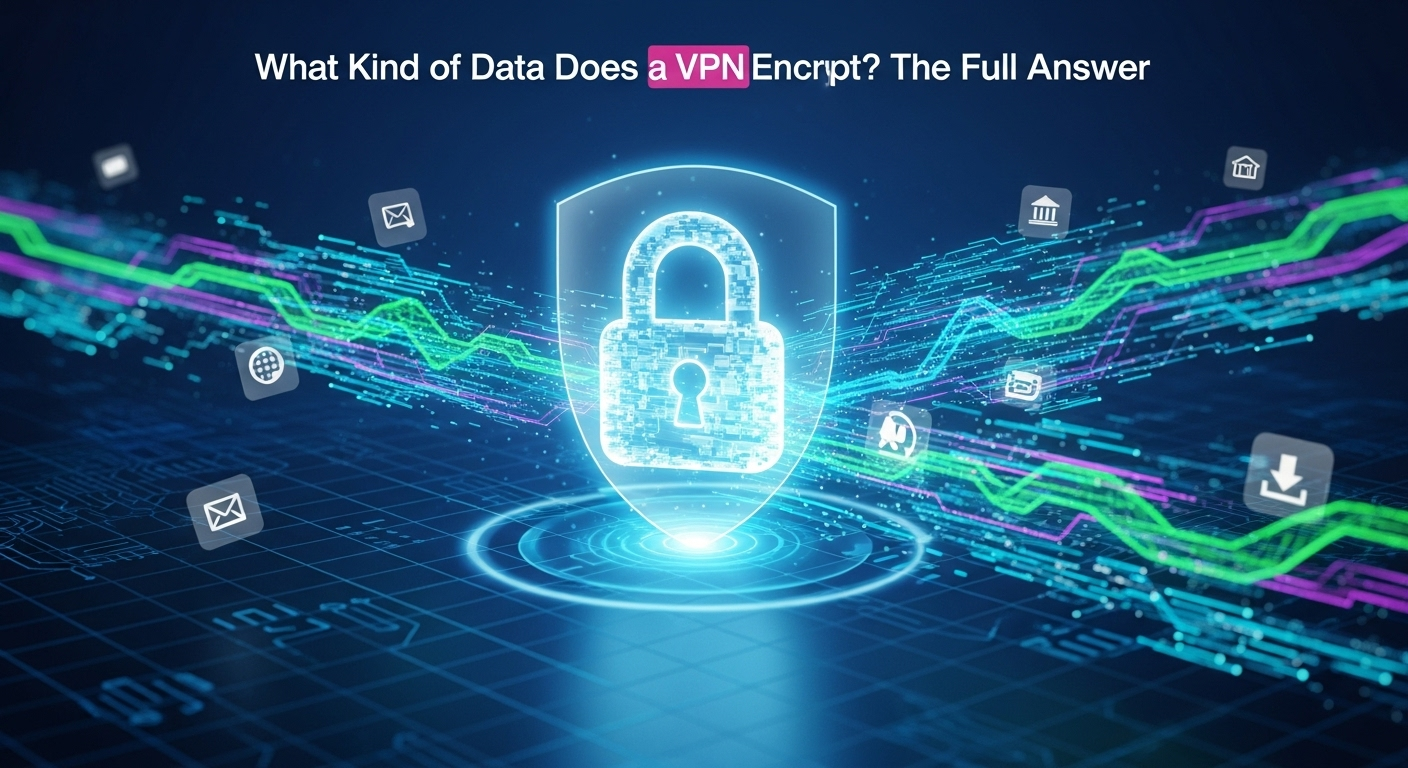
| Protocol | Key Strengths | Best Use Case |
|---|---|---|
| OpenVPN | Highly secure, open-source, and highly configurable. Considered the industry workhorse for a long time. | General use, especially when security is the absolute top priority. Excellent for desktop use. |
| WireGuard® | Extremely fast, modern, and lightweight with a smaller code base, making it easier to audit and debug. Uses state-of-the-art cryptography. | Streaming, gaming, and mobile devices where speed and quick reconnection are crucial. |
| IKEv2/IPsec | Very stable and reliable, especially at re-establishing a connection if it drops (e.g., switching from Wi-Fi to cellular data). | Mobile users who are frequently changing networks. Often very fast. |
Choosing a VPN that uses strong protocols like OpenVPN and WireGuard® alongside AES-256 encryption is a non-negotiable step in ensuring your data is genuinely protected. Outdated protocols like PPTP are now considered insecure and should be avoided at all costs.
What a VPN Does Not Encrypt or Protect
While a VPN is an incredibly powerful tool, it's crucial to have realistic expectations and understand its limitations. A VPN is not a magic bullet that solves all cybersecurity threats. There are specific types of data and situations where a VPN offers no protection, and being aware of these is just as important as knowing what it does encrypt.
First, a VPN does not protect data after it leaves the VPN server. The encryption tunnel extends from your device to the VPN server. From the VPN server to the final destination website, the data is decrypted. If the website you are visiting does not use HTTPS (look for the padlock in your browser's address bar), that final leg of the journey is unencrypted and could be intercepted. Always ensure you are on HTTPS sites for sensitive transactions, even with a VPN. A VPN protects the data in transit to the server, but it cannot force an insecure website to become secure.
Second, a VPN cannot make you anonymous to the websites you log into. If you connect to your VPN and then sign in to your Google, Facebook, or Amazon account, that service obviously knows who you are. The VPN's job is to hide your activity from your ISP and conceal your real IP from the website, but it cannot erase your identity once you voluntarily provide it. Similarly, cookies stored on your browser can still be used by websites to track you across sessions. Using a VPN combined with privacy-focused browser habits (like clearing cookies or using private browsing mode) provides a much stronger defense.
Finally, and most importantly, a VPN is not an antivirus or anti-malware solution. It encrypts your connection, but it cannot scan files or prevent you from downloading a malicious attachment, clicking on a phishing link, or installing a virus. If you are tricked into giving away your credentials or downloading malware onto your device, a VPN cannot help you. For complete protection, you must use a VPN in conjunction with a reputable antivirus program and safe browsing practices.
The Critical Role of a "No-Logs" Policy
All the powerful encryption in the world becomes meaningless if the VPN provider itself is spying on you. When you use a VPN, you are essentially shifting your trust from your ISP to the VPN company. Your ISP can no longer see your data, but your VPN provider technically can, as it manages the servers that decrypt and forward your traffic. This is why the single most important feature to look for in a privacy-focused VPN is a strict and verified no-logs policy.
A "no-logs" or "zero-logs" policy is a promise from the VPN provider that they do not collect, store, or share any personally identifiable information about your online activities. This should include:
- Activity Logs: The websites you visit, files you download, or services you use.
- Connection Logs: Your real IP address, the IP you were assigned, connection timestamps, and session duration.
The most trustworthy VPN providers take this a step further by subjecting their policies and infrastructure to independent, third-party audits. These audits, conducted by reputable cybersecurity firms, verify that the company's claims are true and that their systems are configured not to log user data. This external validation is the gold standard of trust. Be extremely wary of "free" VPNs, as they often make money by logging your data and selling it to advertisers, defeating the entire purpose of using a VPN for privacy. A verified no-logs policy ensures the VPN company has nothing to hand over even if compelled by legal authorities.
Frequently Asked Questions (FAQ)
Q: Can a VPN encrypt all the traffic from all my devices?
A: Yes. You can install VPN apps on individual devices like your computer, phone, and tablet to encrypt their specific traffic. For comprehensive, whole-home protection, some users install a VPN directly onto their router. This automatically encrypts the internet traffic of every device connected to that Wi-Fi network, including smart TVs, gaming consoles, and IoT devices that may not support native VPN apps.
Q: Will using a VPN make me 100% anonymous online?
A: No, a VPN does not provide 100% anonymity, but it is a massive step towards online privacy. True anonymity is extremely difficult to achieve. A VPN provides privacy by encrypting your data and masking your IP address. However, as mentioned, websites can still track you via cookies and account logins. Combining a VPN with other tools like the Tor browser and practicing good digital hygiene (using strong, unique passwords and being mindful of information you share) gets you much closer to anonymity.
Q: Does my ISP know I'm using a VPN?
A: Yes, your ISP can see that you are connected to a VPN. They can see the encrypted data packets flowing between your device and the VPN server's IP address. However, thanks to the encryption, they cannot see the content of that data—the websites you're visiting, the messages you're sending, or the files you're downloading. Your activity is effectively hidden from them.
Q: Is it legal to use a VPN?
A: In the vast majority of countries, including the United States, Canada, the UK, and most of Europe, using a VPN is perfectly legal for privacy and security purposes. However, some countries with heavy internet censorship (like China, Russia, and the UAE) restrict or ban VPN use. It's also important to remember that using a VPN to conduct illegal activities is still illegal. Always check the local laws of your country regarding VPN usage.
Conclusion
So, what kind of data does a VPN encrypt? The full answer is: virtually all of it. A VPN creates a formidable shield around your digital life by encrypting your entire internet connection. It masks your IP address to protect your location and identity, scrambles your browsing history to keep it from your ISP, and secures your data on vulnerable public Wi-Fi networks. This protection extends beyond your browser to cover your apps, communications, and other online activities, making it an indispensable tool for anyone who values their privacy.
However, a VPN is not an all-in-one solution. Its protection has clear boundaries. It cannot protect you from malware, nor can it anonymize you on websites where you willingly log in. The effectiveness of a VPN is ultimately defined by the quality of its technology—strong encryption standards like AES-256 and modern protocols like WireGuard®—and the integrity of its provider. By choosing a reputable service with a publicly audited no-logs policy, you are not just buying a product; you are making a powerful statement about your right to digital privacy and taking a definitive step towards reclaiming control of your personal data in an increasingly intrusive online world.
***
Article Summary
The article, "What Kind of Data Does a VPN Encrypt? The Full Answer," provides a comprehensive explanation of how a Virtual Private Network (VPN) protects user data. It begins by establishing that a VPN encrypts the entire data stream from a user's device, creating a secure "tunnel" that shields online activities from ISPs, hackers, and other third parties.
The core of the article details the specific types of data a VPN encrypts:
- IP Address and Geolocation: A VPN masks the user's real IP address, replacing it with one from the VPN server, thus hiding their physical location and digital identity.
- Browsing History and Web Traffic: It encrypts all web traffic, including DNS requests, preventing ISPs from logging the websites a user visits.
- Data on Public Wi-Fi: It secures data transmitted over insecure public networks, protecting users from "Man-in-the-Middle" attacks.
- Personal Communications and App Data: Protection extends beyond browsers to include apps, VoIP calls, and online gaming.
The article also explains the importance of strong encryption standards (AES-256) and protocols (like OpenVPN and WireGuard®). Crucially, it clarifies what a VPN does not protect against, such as data after it leaves the VPN server for an unsecure (non-HTTPS) site, user identity on websites where they log in, and malware or viruses.
Finally, it emphasizes that the most critical feature of a trustworthy VPN is a strict, independently audited no-logs policy, which ensures the VPN provider itself is not collecting user data. The piece concludes that while not a complete anonymity tool, a high-quality VPN is a foundational element of modern digital privacy and security.

